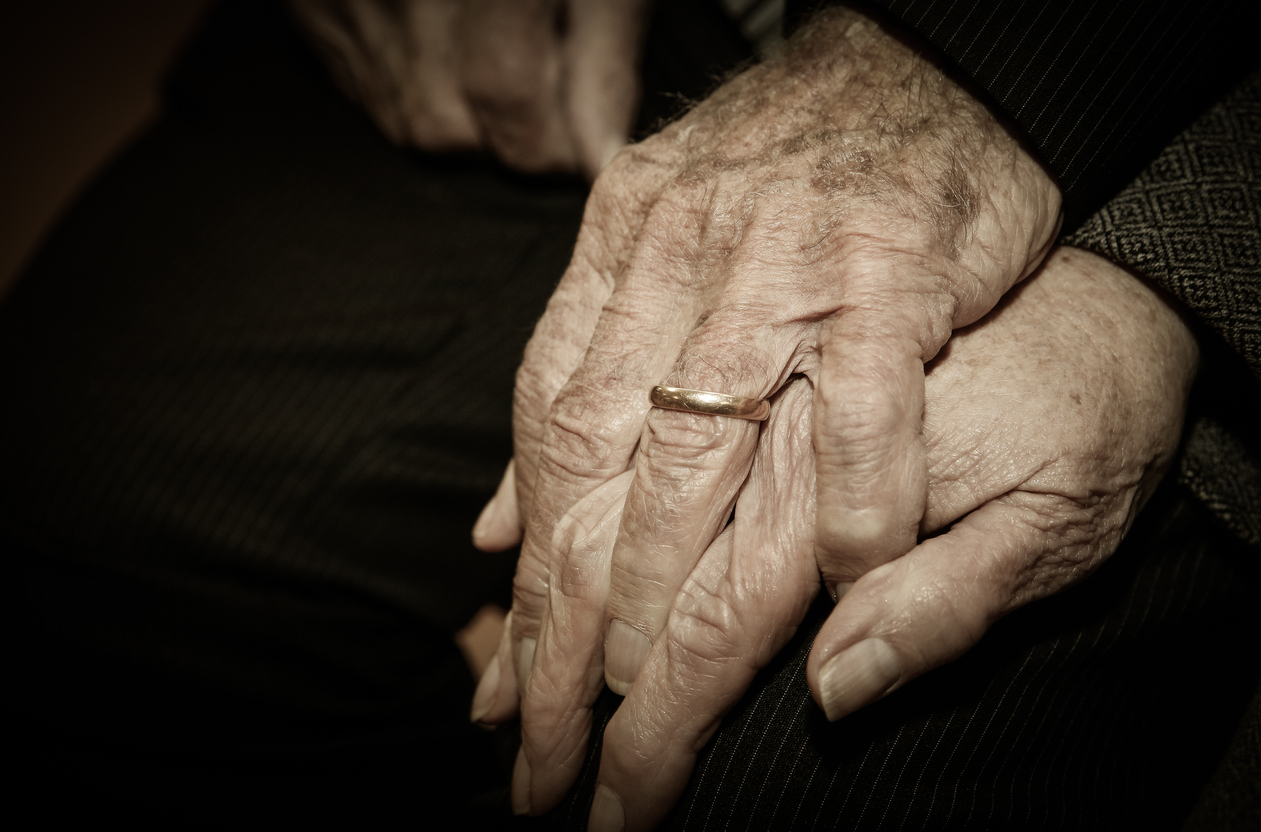We joke, talk, and mostly argue our way through courtship.
“Don’t try to change the person you want to marry,” marriage folklore wisely advises me, and I agree wholeheartedly.
We begin our matrimony with a ceremony outside in the chilly air of January Chicago, and host a large dance party feast afterwards to reclaim our frozen limbs.
We move in together. The first week, everything seems perfect. I don’t work, he stays home. We eat other people’s food. Treated by the community like kings and queens, we are pretty confident we will rock this marriage thing forever.
The week ends. Our lives return to a rhythm.
Back to work, stress builds.
It finally bubbles over and- crisis- he can’t take it anymore.
He can’t take the little things- the way I don’t notice the crumbs that fall on the table when I eat my food.
The way the ketchup container is always sticky. The way everything is always sticky.
The way I don’t clear the table after eating right away. Food left on the table- he’s panicking.
I don’t get it.
At first, for a while, my sole response is anger. “Chill out,” is all I can think. “What’s the big deal?”
Eventually my ego relents, and I see him and his sticky-finger-suffering. Humility sets in.
I set out to reform my ways, slowing digging into habits, stretching myself to change them.
The problem with these small, quirky habits is they don’t bother me.
The crumbs on the table? First I don’t see them. Then I don’t care when I see them.
Blindness. Indifference. Standstill.
Finally, fear becomes my impetus for change. Fear and love. When I eat, my body freezes up, as his words reverberate through my mind. “No crumbs on the table. This will make him happy.”
I start to notice the way I eat, they way I sit at the table, things that previously flew over my head. I start to see these habits in others.
“Tanya,” I chide my child in surprise, “Look at those crumbs you just left on the table! ”
“Ew,” My hand jumps off the ketchup bottle, noticing for the first time the way the stickiness of it feels against my skin, and how that stickiness attaches itself to everything else I touch afterwards. “That is gross,” I realize.
It takes years. Years of trying. Squinting to see what he sees. Attempting change.
Losing the new habit, regressing. Trying again. Noticing more. Becoming more attune to the physical world. Upping my game.
By no means is it a one-way street. In all ways, we do it to each other.
“See these socks?!” I say to him one day, arms folded. “You leave your socks here every day. There’s a pile of ten of them hiding under the couch.”
“Oh, yeah? ” he responds laughing, nonplussed. “Eh. Can’t change me!”
“No, “ I respond firmly, upset. “I don’t like this.”
Resistance wears off. Eventually, he too, goes through that grind.
First driven to change out of love and fear, he begins to see.
He sees what I see. Socks left by the couch. Every. Day.
It takes him years.
Moving forward, moving back. Irritation rising, setting.
Changing. Like the making of leather, knocked in hide after so many years of working it through, it’s tough.
If only we could live in our personal space cubicles and not need to share.
But caught in the intersection between this external, limited physical world and our internal, pliable, emotional needs, we have no choice but to swap stories of likes and dislikes, annoyances and preferences, and in doing so, carve out space for the other.
In working out these little, stupid habits that annoy us about each other, we harness the same amount of energy as the continuation of creation.
There, in the lack of crumbs of the table, is the story of our marriage, and my remaining hope for the human race.

Rivka is an outspoken activist for recovering artists, insisting that raw, redemptive art-making is the means for mental and spiritual health. Rivka received her BA in Painting from Rutgers University, and does a daily chicken dance mothering three little ladies and finding her way within the greater art world. She runs ArtWarming Cards, a monthly contemporary art postcard subscription service, and curates shows and fabulous afterparties at Brooklyn Jewish Art Gallery. Rivka’s personal artwork can be viewed at rivka.gallery.

